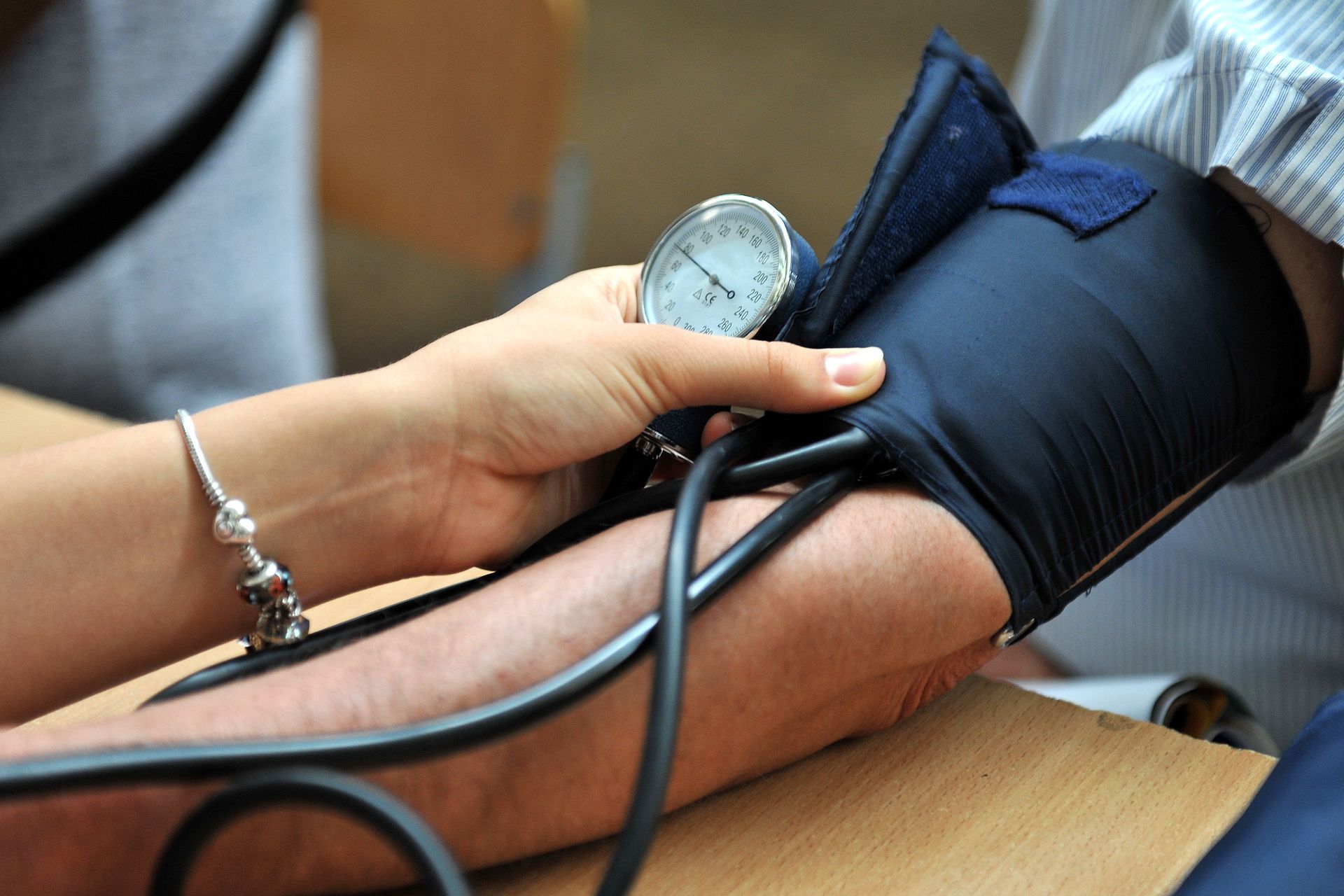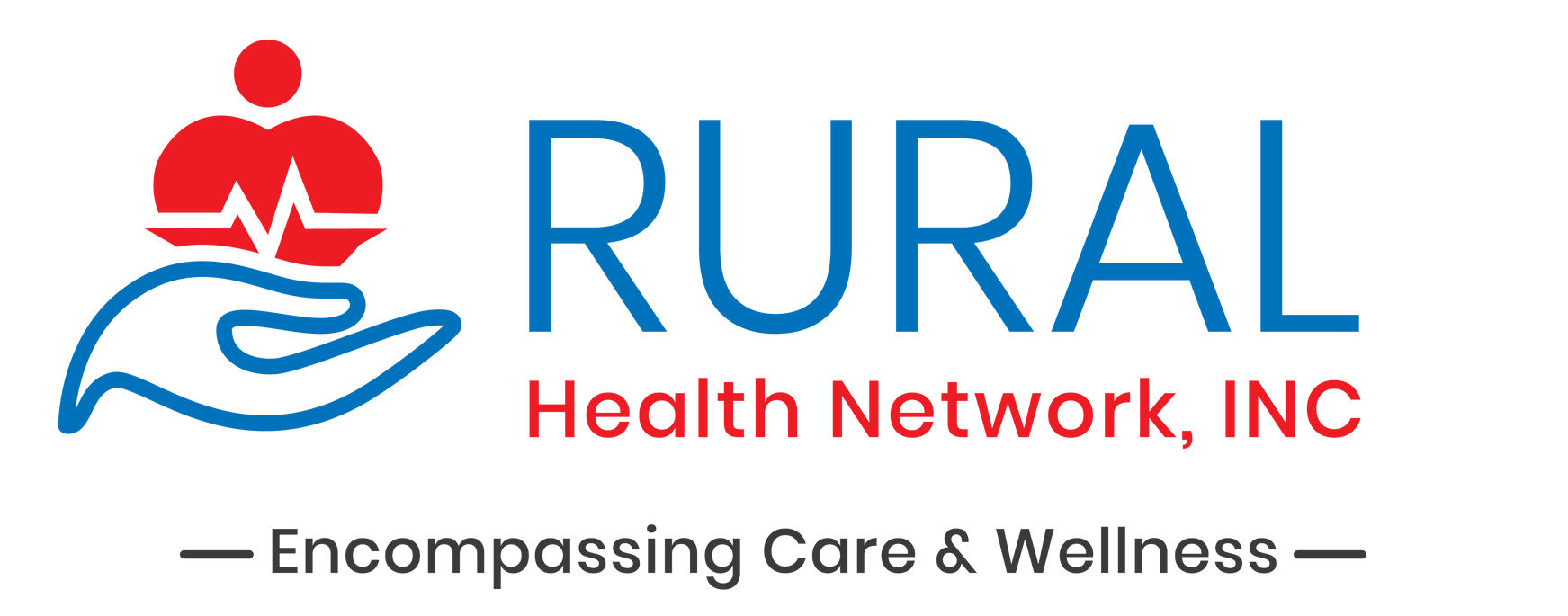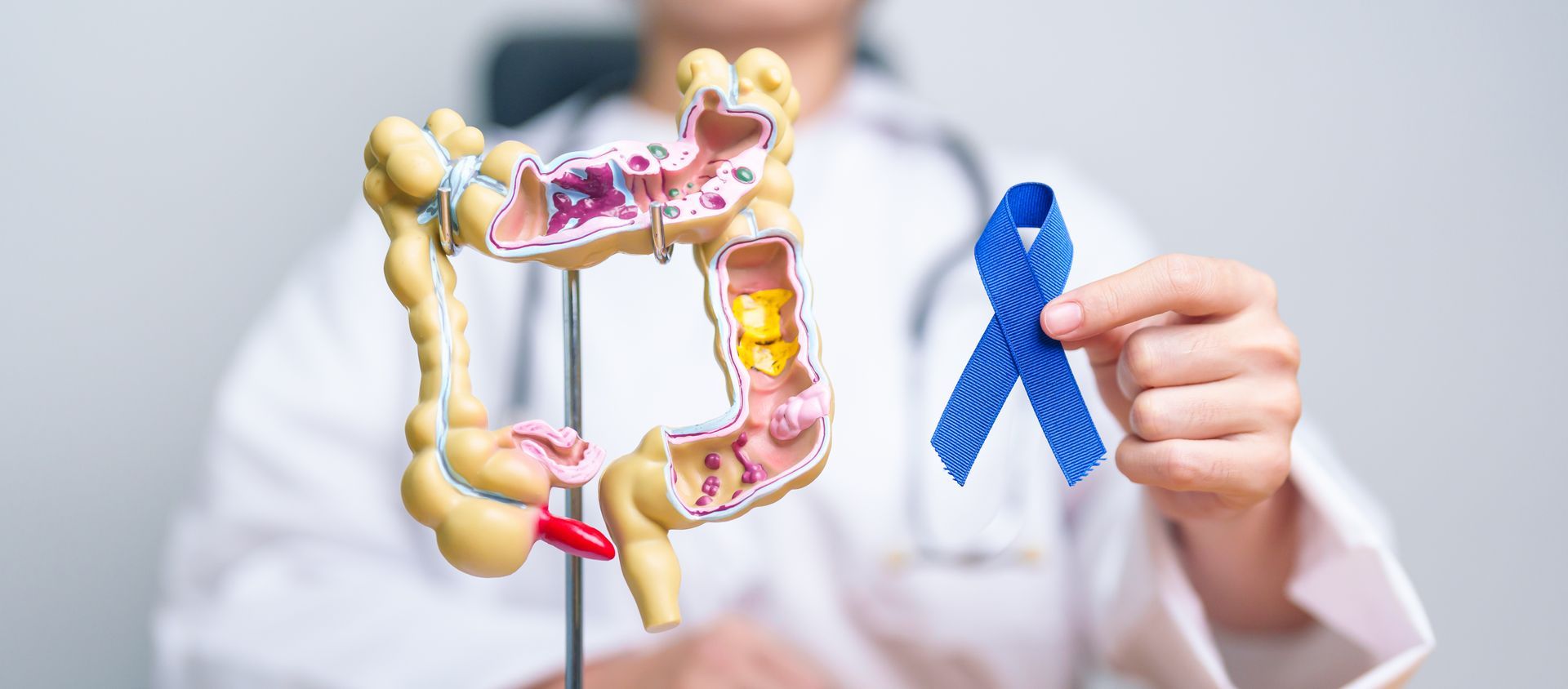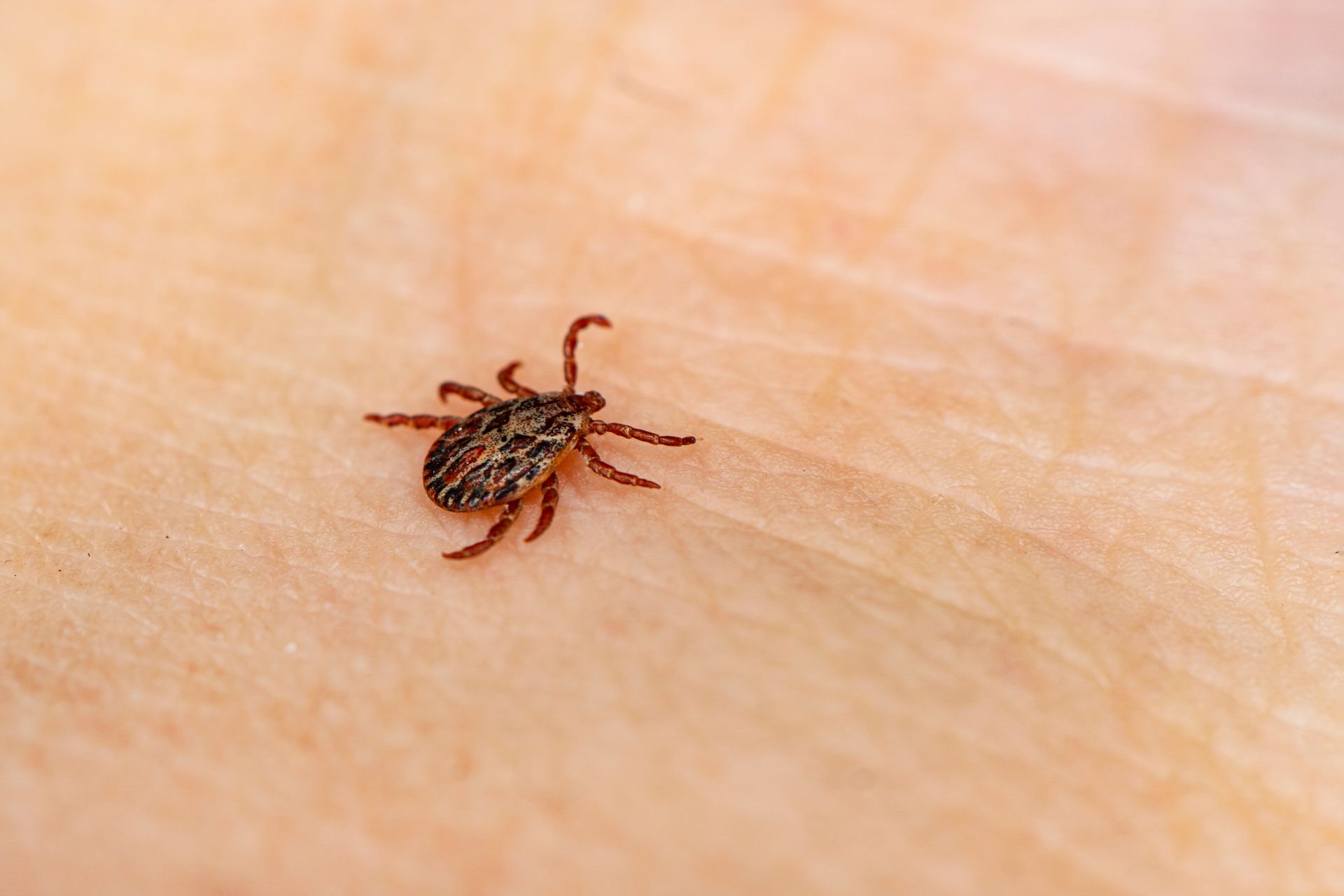Who Is at Risk for High Blood Pressure and How to Manage It

Imagine a health condition that secretly affects you without getting caught, gradually breaking down your heart and putting your life at risk. This is high blood pressure or hypertension. Usually called the silent killer, hypertension is a condition that affects the lives of countless individuals, including people you know and love.
According to the World Health Organization (WHO), 46% of American adults live with hypertension, often unknowingly. This alarming statistic underscores the importance of awareness, which begins by understanding your risks, getting a checkup, and taking proactive steps to reclaim control of your health.
At Rural Health Network, we believe knowledge is key to better health. Your journey to wellness is deeply personal, so our team is here to empower you with the insights and support you need to live your healthiest life—at your own pace.
Give Your Heart Some Love
What Is High Blood Pressure?
Blood pressure is the measured force exerted by circulating blood against the inner walls of your arteries during each heart contraction and relaxation.
Monitoring your blood pressure is one of the important preventive health tests
that you should take regularly. This is measured through:
- Systolic Pressure: The pressure in your arteries when your heart beats. This number reflects how much force your heart needs to pump blood through your body.
- Diastolic Pressure: The pressure in your arteries when your heart rests between beats. This indicates how well your arteries relax and maintain proper blood flow.
When you measure your blood pressure at home or a clinic, you'll see two numbers displayed, such as 120/80 mmHg. Here's how to interpret them:
- The top number (systolic) shows the force of blood against your artery walls during a heartbeat.
- The bottom number (diastolic) shows the pressure when your heart is at rest.
A normal reading is generally below 120/80 mmHg. If your numbers are consistently higher, it may be time to consult a healthcare provider.
Blood Pressure Categories at a Glance
| Category | Systolic (mmHg) | Diastolic (mmHg) |
|---|---|---|
| Normal | Less than 120 | Less than 80 |
| Elevated | 120-129 | Less than 80 |
| Hypertension Stage 1 | 130-139 | 80-89 |
| Hypertension Stage 2 | 140 or higher | 90 or higher |
| Hypertensive Crisis | Higher than 180 | Higher than 120 |
Source: heart.org
When left unchecked, high blood pressure becomes a serious health threat, potentially causing:
- Heart disease
- Stroke
- Kidney damage
- Vision problems
- Cognitive decline
Think of your blood vessels as pipes. Constant high blood pressure weakens these pipes, causing microscopic damage that accumulates over time. This isn't a sudden breakdown but a gradual erosion of your cardiovascular integrity.
Who Is at Risk for High Blood Pressure?
The risk factors for high blood pressure are grouped into two types: genetics and lifestyle. Hypertension often runs in families, but even if you don’t have it in your family history, you can still acquire it through lifestyle choices.
Uncontrollable Risk Factors
Some risk factors are written into your genetic blueprint, and while you can't change them, awareness is your first line of defense:
- Family History: Genetics plays a role. If your parents or siblings have battled hypertension, your risk increases.
- Race/Ethnicity: Health disparities are real. Hispanics and African Americans, for instance, often develop high blood pressure earlier and with greater severity.
- Age: Blood pressure tends to rise with age, especially after 50.
Controllable Risk Factors
Here's the good news: Many hypertension risks can be managed or reduced by making healthier choices and addressing certain habits, such as:
- Unhealthy Diet: Diets high in salt, processed foods, and sugary drinks contribute to high blood pressure. Shifting to a heart-healthy diet can make a big difference.
- Physical Inactivity: Movement is medicine. A sedentary lifestyle weakens your heart and raises blood pressure. Regular physical activity helps keep your heart strong.
- Obesity: Extra weight puts added strain on your heart and circulatory system. Achieving and maintaining a healthy weight can significantly reduce this risk.
- Smoking and Alcohol Consumption: The negative effects of both habits can build up, damaging blood vessels and raising blood pressure. Cutting back or quitting is vital for better health.
- Chronic Conditions: While conditions like diabetes, high cholesterol, and sleep apnea may not always be avoidable, managing them effectively can lower the risk of complications.
Environmental and Social Factors
Your surroundings, mental health, and socioeconomic situation can also impact your blood pressure.
- Stress: Chronic stress can cause temporary blood pressure spikes that may become long-term.
- Healthcare Access: Limited access to regular checkups and medications can delay diagnosis and treatment.
- Socioeconomic Status: Financial strain and living conditions can impact diet, stress levels, and healthcare access.
Symptoms and Dangers of Unmanaged High Blood Pressure
Another challenge with high blood pressure is that it often hides in plain sight. Many people do not realize that they are living with high blood pressure until they get checked and diagnosed.
The Silent Threat
High blood pressure is calle the silent killer for a reason:
| No Symptoms, No Warnings | A False Sense of Security |
|---|---|
| Most people with high blood pressure experience no apparent symptoms, even when their blood pressure is dangerously high. | People with undiagnosed hypertension often feel fine, which causes them to skip or delay checkups. |
While hypertension is often asymptomatic, these signs may manifest if your blood pressure levels are very high:
- Persistent headaches
- Dizziness or lightheadedness
- Chest pain or a feeling of pressure
- Nausea
- Nosebleeds
While these symptoms are not always present, ignoring them can lead to serious complications.
The Long-Term Risks
Unchecked hypertension doesn’t stay silent forever. Over time, it can lead to severe and even life-threatening complications, including:
- Heart Attack and Heart Failure: Excess strain on your heart can weaken it over time.
- Stroke: High blood pressure damages and narrows blood vessels in the brain, increasing stroke risk.
- Atherosclerosis: Elevated pressure accelerates plaque buildup in arteries, leading to hardened and narrowed blood vessels, which raises the likelihood of heart attacks and strokes.
- Kidney Failure: Hypertension can impair the kidneys’ ability to filter waste effectively.
- Vision Loss: Injury to the blood vessels in the eyes can cause retinopathy, which can lead to blurred vision or blindness.
Why Regular Checks Matter
Because symptoms are rare, regular blood pressure screenings are essential—even if you feel perfectly healthy. These checks can:
- Identify issues early, giving you time to make changes or seek treatment.
- Prevent serious complications by catching hypertension before it causes damage.
Though hypertension is sneaky, you can catch subtle signals if you listen to your body. When something doesn’t feel right (even if you mostly feel healthy), contact a health clinic near you to get a blood pressure reading and receive expert, personalized advice.
How to Manage High Blood Pressure
Hypertension management requires commitment and consistency. Not knowing where to get started can be overwhelming, so here are ten effective steps you can take, recommended and simplified by our physicians at Rural Health Network:
✔ Adopt a Heart-Healthy Diet : Follow the Dietary Approaches to Stop Hypertension (DASH) diet, which emphasizes fruits, vegetables, whole grains, and lean proteins.
✔ Cut Back on Salt: Aim for less than 2,300 mg daily (ideally 1,500 mg).
✔ Keep Moving: Engage in at least 150 minutes of moderate exercise weekly. Walking, swimming, or cycling are great options.
✔ Maintain a Healthy Weight: Even modest weight loss can lower your blood pressure.
✔ Limit Alcohol Consumption: Keep it to one drink per day for women or two for men.
✔ Quit Smoking: Seek support to stop smoking, as it damages blood vessels and worsens hypertension.
✔ Manage Stress: Practice mindfulness, yoga, or deep breathing exercises to keep stress levels in check.
✔ Take Prescribed Medications: Follow your doctor’s advice for dosage and timing without skipping doses.
✔ Monitor Blood Pressure at Home: Use a reliable monitor to track your progress and share results with your healthcare provider.
✔ Build a Support Network: Stay connected with family, friends, or local groups to maintain motivation and accountability.
Your Trusted Partner in Cardiovascular Wellness

Managing high blood pressure is one of the best investments you can make for your health. But it takes more than knowledge—it requires compassionate support and accessible care.
At Rural Health Network, we’re proud to serve and support people managing hypertension in rural areas with innovative, community-focused solutions designed to break down barriers to healthcare access.
- Comprehensive Screenings and Regular Checkups: Stay ahead of high blood pressure with routine monitoring and in-depth screenings to catch potential issues early.
- Personalized Care Plans: Our healthcare providers work with you to create a tailored plan that fits your unique lifestyle, needs, and health goals.
- Chronic Disease Management: Whether you’re managing high blood pressure or other conditions like diabetes, we offer the tools and guidance needed to maintain control.
Your journey to better cardiovascular health starts with a single conversation. If you’re seeking expert advice on managing your high blood pressure in Newman, visit us at 1349 Main St., just near Pioneer Park!
Stay In the Know, Stay In Control










